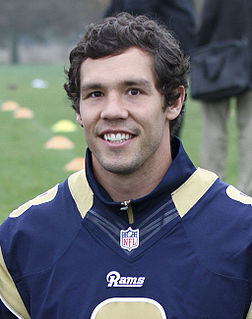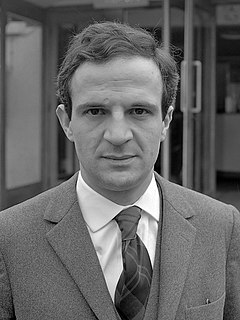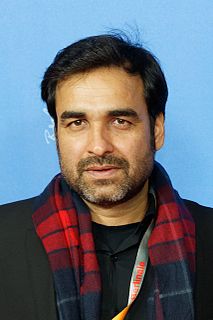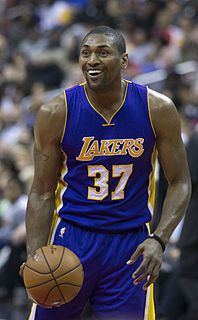A Quote by Billy Wilder
Shoot a few scenes out of focus. I want to win the foreign film award.
Related Quotes
It's never the practice to shoot the scenes in the proper order. Sometimes you shoot the final scenes of a film before you've even started the beginning. So you get good at it because you have to sort of just eliminate the memories of something you've done as an actor, which you haven't done as the character yet. But it sometimes is a bit of a mind-f**k.
A new kind of award has been added -- the deathbed award. It is not an award of any kind. Either the recipient has not acted at all, or was not nominated, or did not win the award the last few times around. It is intended to relieve the guilty conscience of the Academy members and save face in front of the public. The Academy has the horrible taste to have a star, choking with emotion, present this deathbed award so that there can be no doubt in anybody's mind why the award is so hurriedly given. Lucky is the actor who is too sick to watch the proceedings on television.
I came back to Haiti after the earthquake not to shoot a film, but to help and be a part of the rebuilding process, like all my fellow compatriots. I didn't come to shoot a film, but I became frustrated when I realized that my help was kind of useless. We all felt lost and helpless. And it's out of that frustration that I decided to shoot a film.
Somebody comes to your house. You know they're coming, so it's not a surprise. And they give you an envelope that has your scenes in it. And they sit in the car outside for a half an hour while you read your scenes, then they ring your doorbell and you give your scenes back. Then you shoot the movie a few weeks later or something. The next time you see your scenes is the night before you start shooting. I never read the script [Blue Jasmine], so I didn't really know what it was about.
I'm not a player, I'm an alien. I wasn't actually there. I was in another galaxy with my galactic friends. My focus is on winning championships. I don't focus on anything else. Aliens only want to win championships. That's it. Injuries is not a focus. Trade talk is not a focus. Nothing is a focus. Gluten-free pasta is not a focus, which I would rather have gluten-free pasta. Hey, if I have to have regular pasta. ... It is what it is. I'm still going to try to win a championship. Nothing will distract me from my focus, my galactic mind.






































